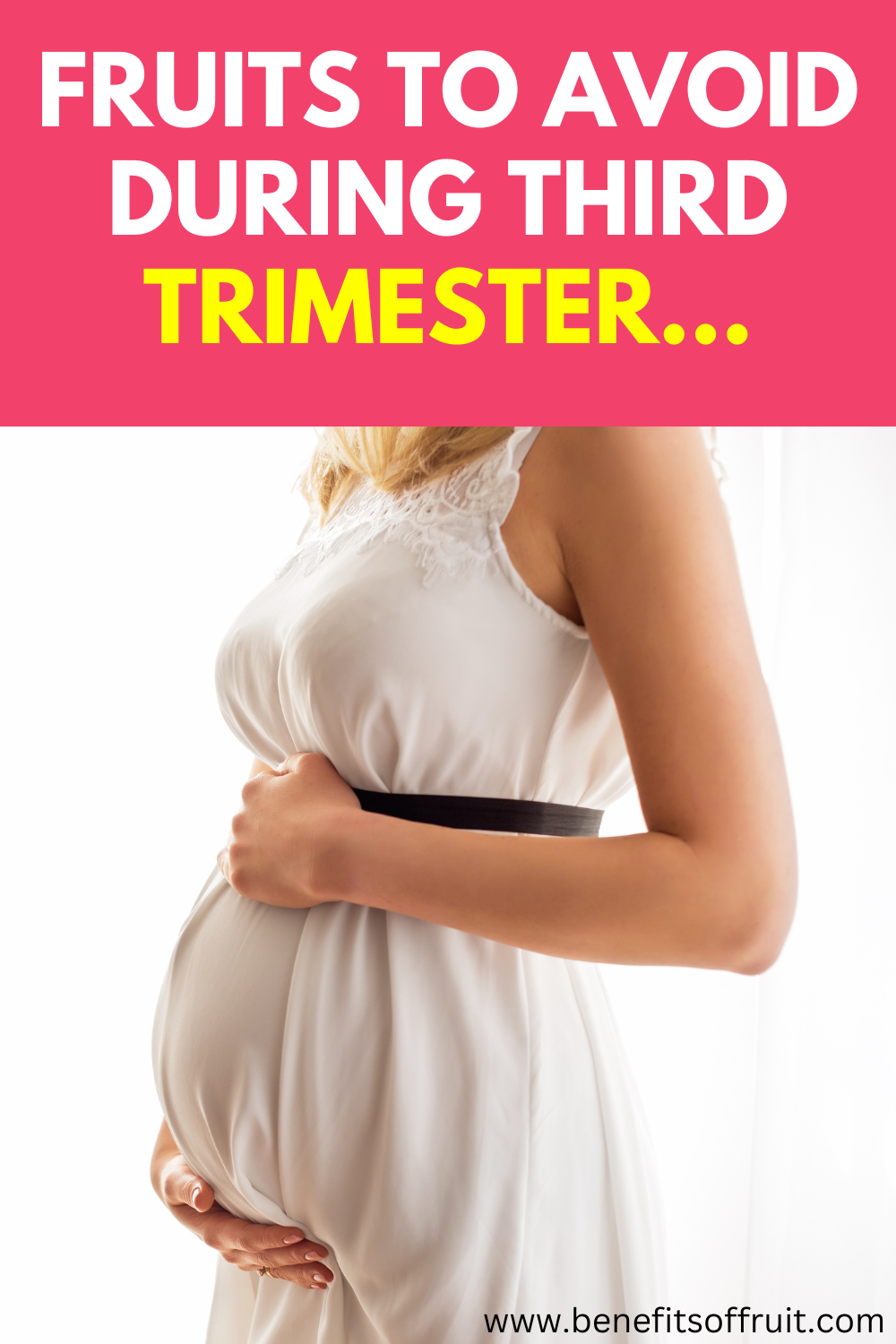Pregnancy is a journey that requires meticulous attention to nutrition, particularly in the third trimester, where the dietary decisions of a mother can significantly impact both her health and the development of her baby. While fruits are generally considered a vital part of a nutritious diet, offering a rich supply of vitamins, minerals, and fibers, not all fruits are advisable during the later stages of pregnancy. This article explores the types of fruits that should be avoided in the third trimester and provides guidance on making safer fruit choices to support a healthy pregnancy.
Nutritional Needs in the Third Trimester
As the pregnancy progresses into the third trimester, the nutritional needs of the mother increase significantly. Key nutrients such as iron, calcium, vitamin D, and folic acid become crucial. Fruits, with their natural vitamins and minerals, are an excellent source of these nutrients. However, the third trimester also brings an increased sensitivity to certain foods due to the hormonal changes and physical demands on the body, necessitating a more selective approach to fruit consumption.
General Guidelines on Fruit Consumption During Pregnancy
Before delving into specific fruits to avoid, it’s essential to establish some general guidelines on fruit consumption during pregnancy. Pregnant women are advised to:
- Wash all fruits thoroughly to remove pesticides and bacteria.
- Prefer organic fruits to minimize exposure to harmful chemicals.
- Moderate their intake of fruits with high sugar content to avoid spikes in blood sugar levels.
Fruits to Avoid During the Third Trimester
Certain fruits, while healthy in other circumstances, pose potential risks during the third trimester due to their specific properties that can affect the mother or the fetus adversely.
Unripe Papaya
Unripe papaya is particularly risky as it contains latex, a substance that can trigger uterine contractions. The presence of papain and chymopapain, enzymes that can mimic the prostaglandins and oxytocin hormones, may lead to preterm labor. Studies suggest that these enzymes can cause marked uterine contractions, which are unsafe in the later stages of pregnancy.
Pineapple
Pineapple contains bromelain, an enzyme that has the potential to soften the cervix and induce labor if consumed in large quantities. Although the amount of bromelain in a single serving of pineapple might not be significant enough to trigger labor, it is often recommended to avoid frequent consumption of this fruit to prevent any risk of early labor.
Grapes
Grapes, especially the darker varieties, contain resveratrol, a compound that is beneficial in non-pregnant individuals but can be overly stimulating for the uterus. Additionally, grapes have a high level of fructose that can lead to an increase in blood sugar levels. During the third trimester, some women may also experience an increased sensitivity to the laxative properties of grapes, leading to digestive issues such as diarrhea.
Excessive Citrus Fruits
While citrus fruits like oranges and lemons are excellent sources of vitamin C, they are highly acidic and can exacerbate heartburn and gastrointestinal discomfort, common issues during pregnancy. The high acid content can irritate the esophagus and stomach, leading to discomfort and acid reflux, particularly in the third trimester when the uterus puts additional pressure on the stomach.
Overly Sweet or High Glycemic Index Fruits
Fruits such as bananas and watermelons are high in sugars and can cause a rapid increase in blood glucose levels. During the third trimester, the risk of gestational diabetes increases, and managing blood sugar levels becomes crucial. Consuming fruits with a high glycemic index in large amounts may contribute to the development of gestational diabetes, making it important to moderate the intake of such fruits.
